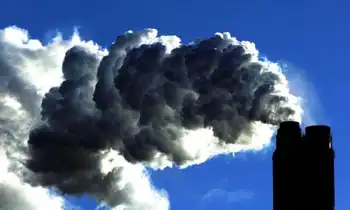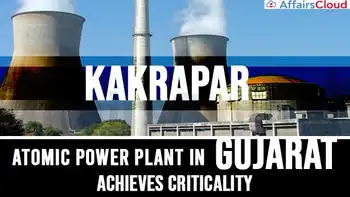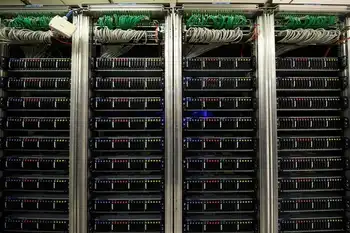Westinghouse has no major 'impact' on China Nuclear Plant
High Voltage Maintenance Training Online
Our customized live online or in‑person group training can be delivered to your staff at your location.

- Live Online
- 12 hours Instructor-led
- Group Training Available
Westinghouse Bankruptcy and AP1000 China underscores SPIC assurances, Toshiba unit restructuring, CAP1000 and CAP1400 progress, Hualong One competitiveness, and on-schedule commissioning at Sanmen and Haiyang amid risk controls, supply chain continuity, and technical support.
Key Points
SPIC says Westinghouse restructuring will not delay China's AP1000 projects, with schedules and cooperation maintained.
✅ AP1000, CAP1000, CAP1400 work proceeding on schedule
✅ Westinghouse to honor contracts during restructuring
✅ Hualong One competitiveness may gain market share
China's State Power Investment Corp said the bankruptcy of its US partner Westinghouse would not exert a "substantial impact" on the ongoing AP1000 nuclear reactor construction project in China, and the two sides would ensure it would be completed on schedule.
SPIC released the statement after Westinghouse Electric Corp, a unit of Toshiba Corp, announced it was filing for bankruptcy due to huge losses.
According to the statement, Westinghouse pledged to continue working with its Chinese partner in accordance with its contract during and after the bankruptcy and the subsequent planned reorganization of the troubled company.
"Westinghouse's restructuring application will not have a substantial impact on the reactor work, including the AP1000 construction, the production of the CAP1000 reactors and the CAP1400 demonstration project," the statement said.
SPIC also said that the AP1000 project's construction and testing were "proceeding on schedule" and, aligning with a steady nuclear development trajectory, a Westinghouse technical expert team dispatched to China was working well.
The statement came after SPIC convened a meeting to identify potential risks, including examples such as Hitachi's UK project freeze, and to develop precautionary measures, after the Westinghouse bankruptcy filing.
SPIC was created in 2015 after the merger between China Power Investment Corp and State Nuclear Power Technology Corp, Westinghouse's long-standing partner in China.
In 2007, State Nuclear Power Technology Corp signed a framework agreement with Westinghouse to build four 1,150-megawatt AP1000 reactors in China, representing the country's first implementation of such a reactor design.
The project is also the world's first Westinghouse-designed AP1000 reactor project, underscoring an AP1000 refueling outage record achieved elsewhere.
Construction started at Sanmen, Zhejiang province and at Haiyang, Shandong province in 2009. The first AP1000 reactor was due to be delivered in 2014.
However, construction was put on hold after the Fukushima nuclear disaster in Japan in 2011, when approval for new nuclear plants was suspended and a nationwide safety review was launched.
Amid these shifts, global nuclear projects have continued to reach several milestones in recent years.
One Chinese industry expert on Thursday said that the precise impact of the US group's demise was difficult to fully gauge.
"At present, it's difficult to judge the potential influence of the Westinghouse restructuring on the project, as the details have yet to be released," said
Xu Yuming, deputy secretary-general of the China Nuclear Energy Association.
He added that the Westinghouse bankruptcy might give
Hualong One - China's domestically developed third-generation reactor - an advantage in the marketplace.
He Yu, chairman of China General Nuclear Power Corp, said China should build four to six nuclear reactors annually, using its
Hualong One, to ensure that the capacity of the nuclear power in China reach at least 150 gigawatts by 2030 as the country pursues reductions in coal power generation.











